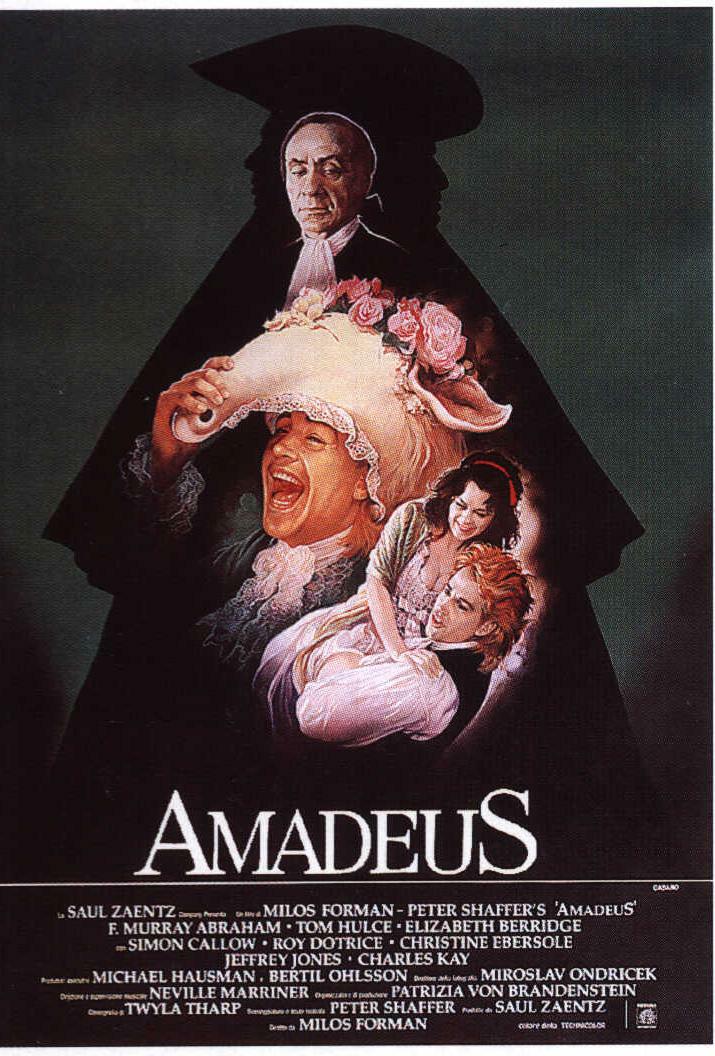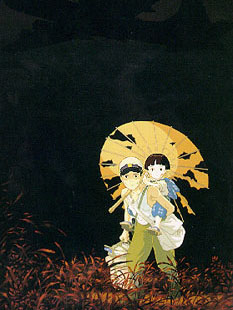War at a distance has become the essential feature for all of us who live in comfortable first-world nation states. We read about the daily tragedies of Iraq, are reminded of the genocides in Africa, try to untangle the recent histories of the Central Europe and reflect on what things would be like if war came home. I've always been struck by that: "What if war came home?" One of the things I most vividly remember was when I was 8 and saw something in the paper about either the Vietnamese or the Khmer Rouge and being seized with an immediate anxiety. What if I got caught in a war? War at a distance but always already an unchanging reality.
Hearts and Minds is a war film. A war documentary shot in the 1975 just when the Vietnam War was winding down. It features a relatively small number of persons and key-players who are interviewed and in comparison to Stanley Karnow's epic documentary, Vietnam: A Television History (side note -- THIS is available in its entirety in the Singapore NLB system --apparently it runs slightly over 11 hours long but it certainly doesn't seem that long when one gets immersed in the tapes), its scope is definitely limited. Also, its format seems rather straight forward, edit talking heads with shots of the war and you have a take on Vietnam. However, Hearts and Minds certainly is a lot more personal in its approach. Interviewing Vietnamese farmers who have just gotten their homes blown apart, who have lost children; an American deserter who has decided to return because he can't go on living "underground"; Daniel Ellsberg who breaks down as he recounts the shooting of RFK; the American GI who is with a Vietnamese girl, who says into the camera, "If my girl back home could see me now ...": the war geographically, distant, is brought home.
And the war distant in time is brought into the present as well. One of the ex-soldiers being interviewed, a funny jive talking, quick-witted, filthy-mouthed Afro-American with a 'Fro, who talks about his experiences. Who can joke about using a dead comrade as a shield when American planes napalm HIS position. Who can joke about running through his napalmed position without his pants on because they get burned up, "How do you fight a war without your drawers!" Who lives with the war everyday, because as the camera pulls away from the stream of his commentary, we realize he doesn't have an arm anymore, doesn't have a leg. The destruction of war, lingers, is always with us.

Hearts and Minds is a war film. A war documentary shot in the 1975 just when the Vietnam War was winding down. It features a relatively small number of persons and key-players who are interviewed and in comparison to Stanley Karnow's epic documentary, Vietnam: A Television History (side note -- THIS is available in its entirety in the Singapore NLB system --apparently it runs slightly over 11 hours long but it certainly doesn't seem that long when one gets immersed in the tapes), its scope is definitely limited. Also, its format seems rather straight forward, edit talking heads with shots of the war and you have a take on Vietnam. However, Hearts and Minds certainly is a lot more personal in its approach. Interviewing Vietnamese farmers who have just gotten their homes blown apart, who have lost children; an American deserter who has decided to return because he can't go on living "underground"; Daniel Ellsberg who breaks down as he recounts the shooting of RFK; the American GI who is with a Vietnamese girl, who says into the camera, "If my girl back home could see me now ...": the war geographically, distant, is brought home.
And the war distant in time is brought into the present as well. One of the ex-soldiers being interviewed, a funny jive talking, quick-witted, filthy-mouthed Afro-American with a 'Fro, who talks about his experiences. Who can joke about using a dead comrade as a shield when American planes napalm HIS position. Who can joke about running through his napalmed position without his pants on because they get burned up, "How do you fight a war without your drawers!" Who lives with the war everyday, because as the camera pulls away from the stream of his commentary, we realize he doesn't have an arm anymore, doesn't have a leg. The destruction of war, lingers, is always with us.







